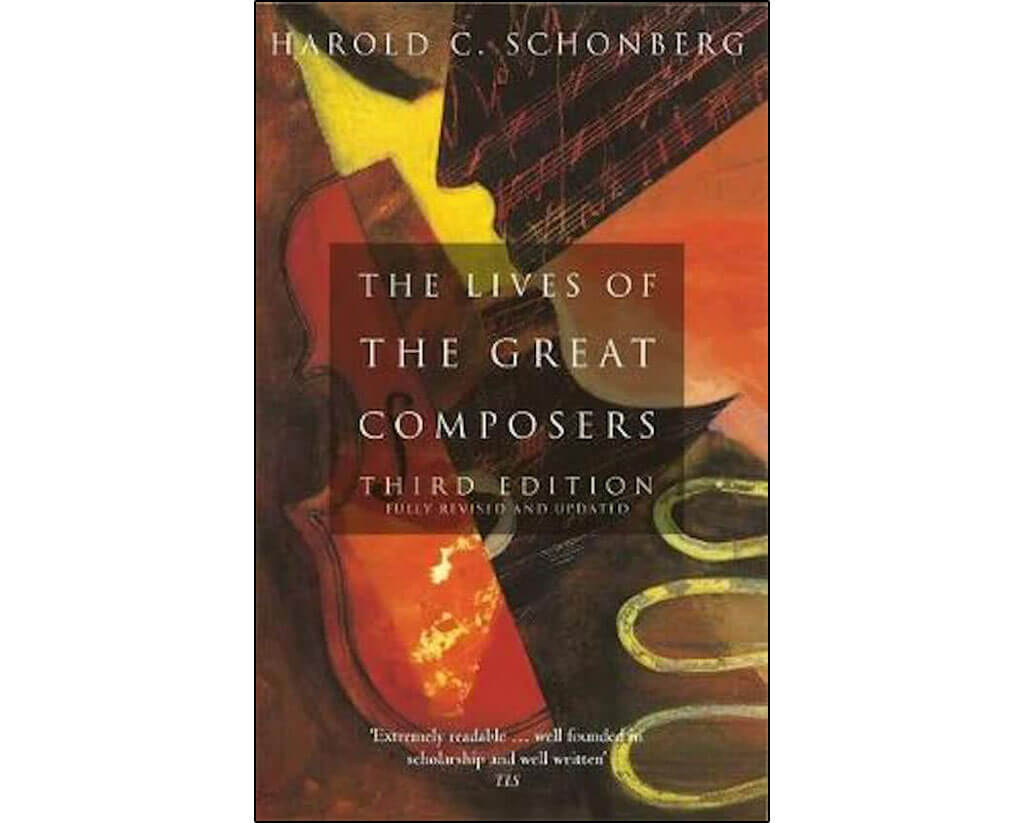
These are 12 of the highest-and most often-rated books about classical music, according to Goodreads and Amazon.
12- The Lives of the Great Composers (Third Edition)
Harold C. Schonberg
Published 1997 by W. W. Norton, hardcover/paperback, 672 pages
First published in 1970 and now celebrating the 20thanniversary in its third edition, this thorough biographical tone has lasting popularity, covering icons such as Bach, Mozart, Beethoven, the Schumanns, the Strausses, Copland, and Stravinsky, and in this latest edition, more recent composers such as Messiaen, Stockhausen and Carter.
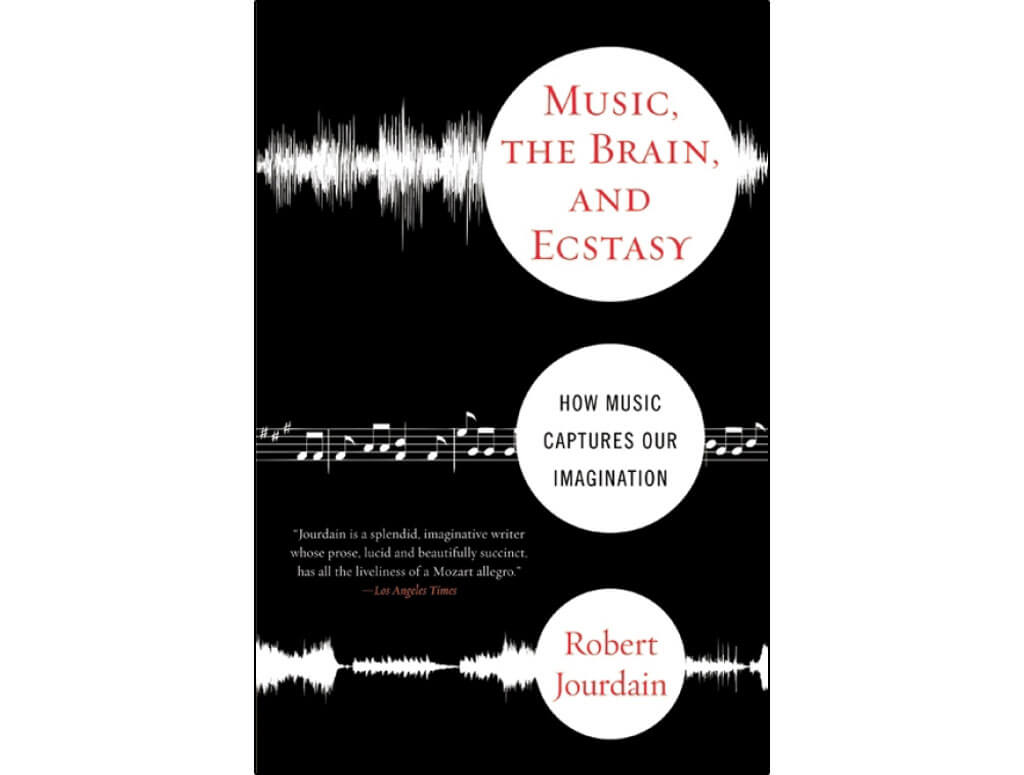
11- Music, The Brain, And Ecstasy: How Music Captures Our Imagination
Robert Jourdain
Published 1997 by William Morrow, hardcover/paperback, 400 pages
Another book that is celebrating 20 years and multiple runs, this book draws from science, psychology, music theory, paleontology, and philosophy to explain why we react to music the way we do, explaining some of the most surprising music-related phenomena from the news — and from our daily lives.
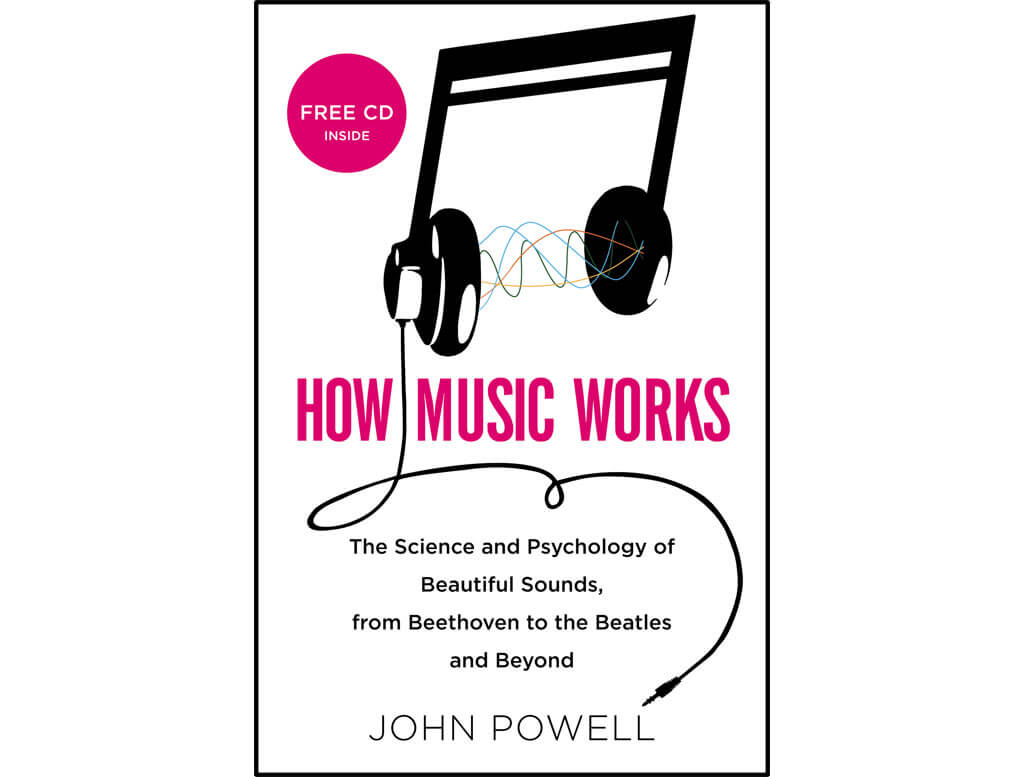
10- How Music Works: The Science and Psychology of Beautiful Sounds, from Beethoven to the Beatles and Beyond
John Powell
Published 2010 by Little, Brown and Company, hardcover/paperback, 272 pages
What do Bach and Led Zeppelin have in common? More than you might think, as professor/musician John Powell reveals using science, math, and history in this humourous and accessible primer to the fundamentals of music, from pitch and volume to composition. A companion CD comes full of examples to illustrate the concepts.
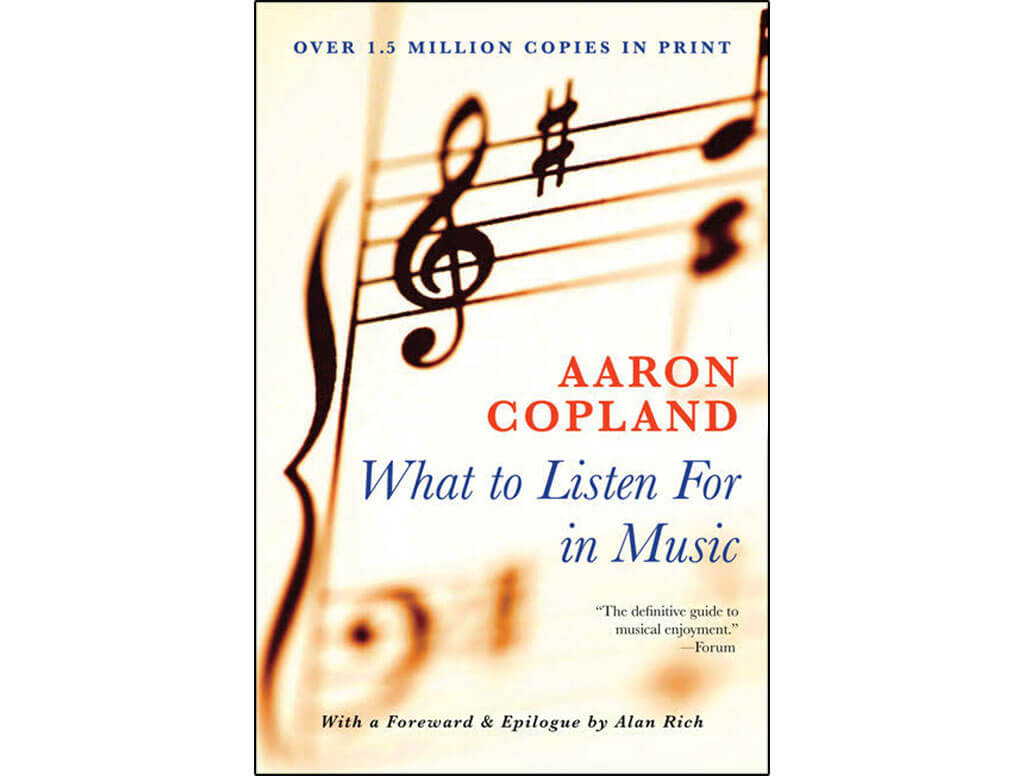
9- What to Listen for in Music
Aaron Copland
Published 2011 by Signet Classics (mass market paperback, 304 pages); also available in various hardcover and paperback editions
Aaron Copland, one of the greatest contemporary classical composers, first published this thorough yet highly accessible title in 1939, and its popularity has endured amongst laypeople looking to sharpen their musical acuity and become more informed listeners for almost 80 years.

9- Beethoven: Anguish and Triumph
Jan Swafford
Published 2014 by Houghton Mifflin Harcourt, hardcover/paperback, 1104 pages
Music historian Jan Swafford chronicles the tragedies and triumphs of one of history’s most important composers, but he also does much more in this weighty tome: he animates the historical context of the German Enlightenment and examines the connections between Beethoven’s life, his works (from a musical and social perspective), and the era and historical events of the time in vivid, enthusiastic language.
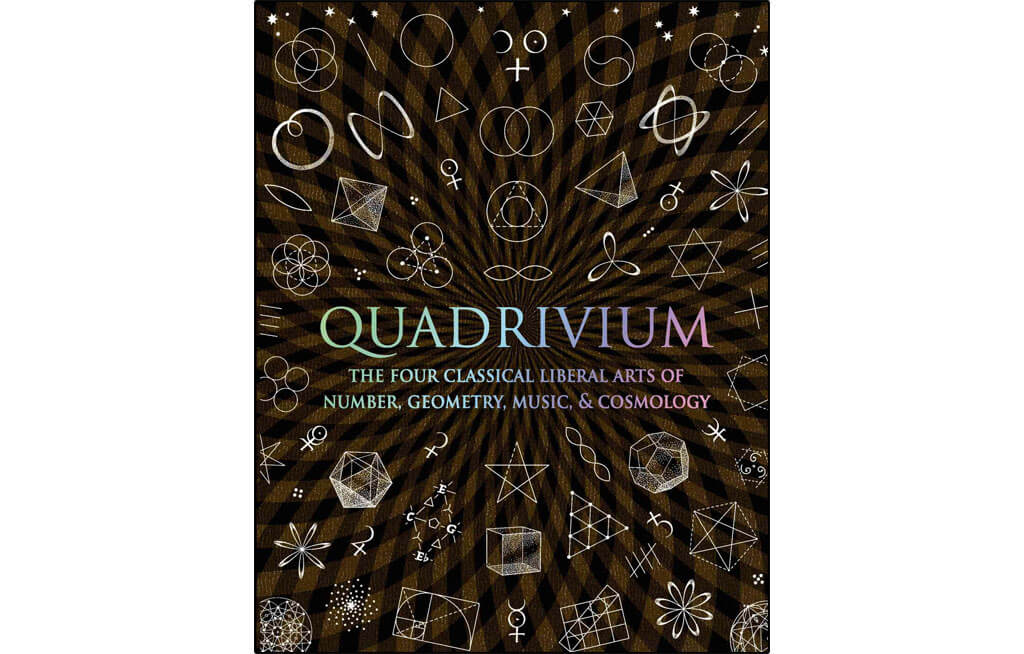
7- Quadrivium: The Four Classical Liberal Arts of Number, Geometry, Music, & Cosmology
John Martineau, Miranda Lundy, Daud Sutton, Anthony Ashton, Jason Martineau
Published 2010 by Walker, hardcover, 416 pages
Composed of six successful titles from the Wooden Books series, including Jason Martineau’s The Elements of Musicand Anthony Ashton’s Harmonograph: A Visual Guide to the Mathematics of Music, this simply yet beautifully illustrated anthology takes a classical approach to investigate the metaphysical truths of the universe in terms of numbers as they are expressed across space and time.
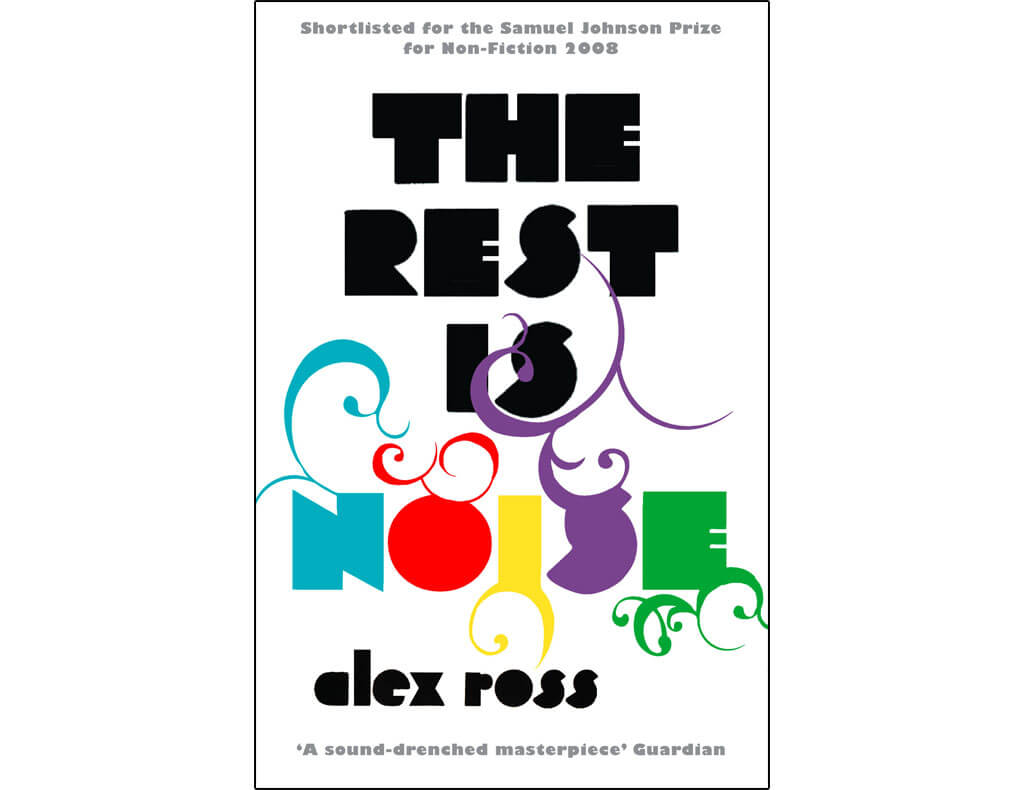
6- The Rest Is Noise: Listening to the Twentieth Century
Alex Ross
Published 2007 by Farrar, Straus and Giroux, hardcover/paperback, 640 pages
Written by New York Times music critic Alex Ross, this entertaining title won a bevy of accolades upon its release ten years ago. Since then, it has become a staple for those wanting (or desperately needing) guidance to the often under appreciated modern composers like Schoenberg, Mahler, Steve Reich, and Philip Glass.
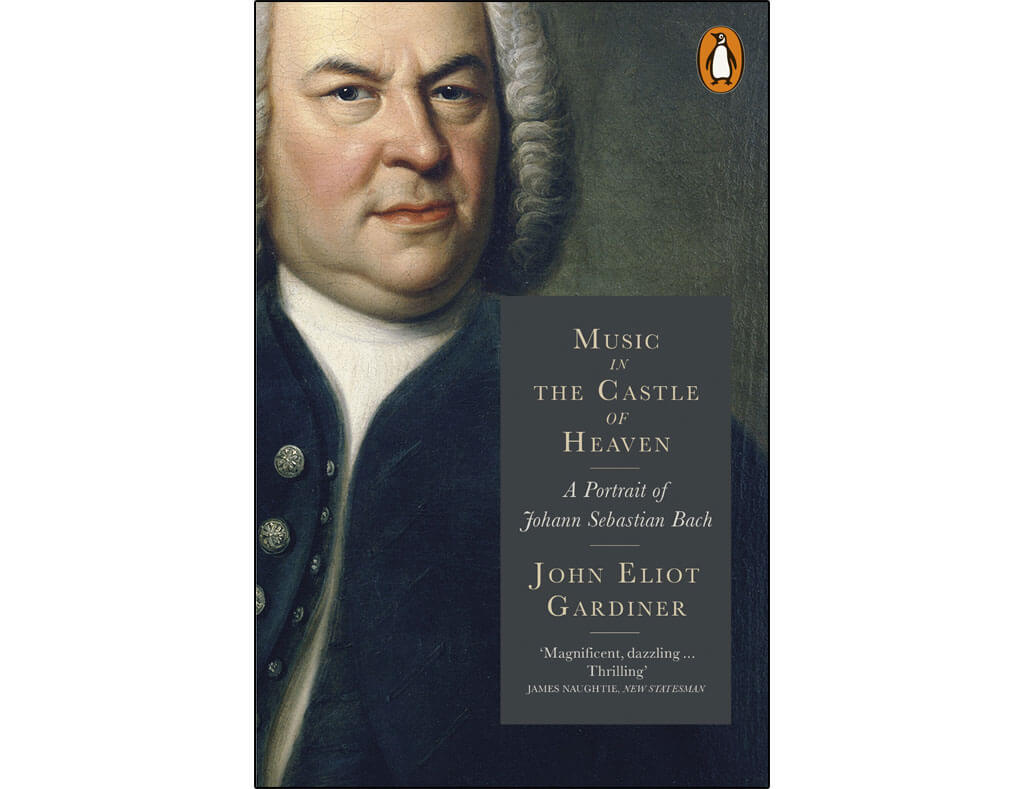
5- Bach: Music in the Castle of Heaven
John Eliot Gardiner
Published 2013 by Knopf, hardcover/paperback, 672 pages
One of the world’s foremost conductors and Bach interpreters, John Eliot Gardiner has produced a thoroughly well-researched, thoughtful, and readable biography of one of the most important yet mysterious composers in Western music, drawing on historical record, musical analysis, and a lifetime of immersion in Bach’s work.
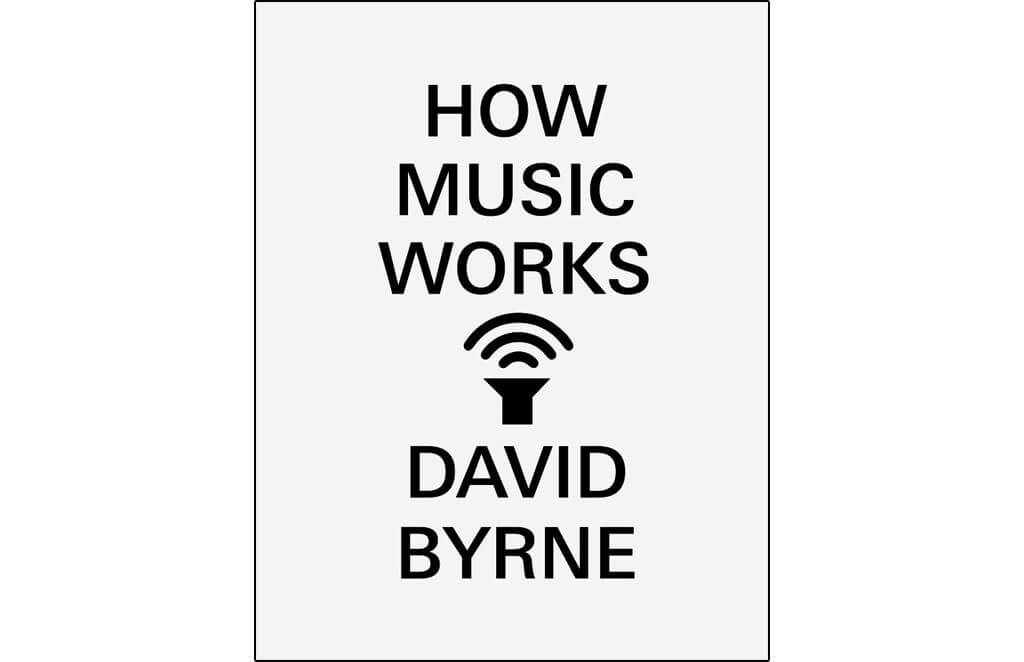
4- How Music Works
David Byrne
Published 2012 by McSweeney’s; hardcover, 352 pages; paperback, 384 pages
The second book on this list with the same title, David Byrne takes a very different approach. With less science and more memoir from his own experience as a musician and businessman, Byrne discusses how we not only create but also distribute, consume, and enjoy music. Five years after its first publication, it remains an Amazon bestseller in ethnomusicology.
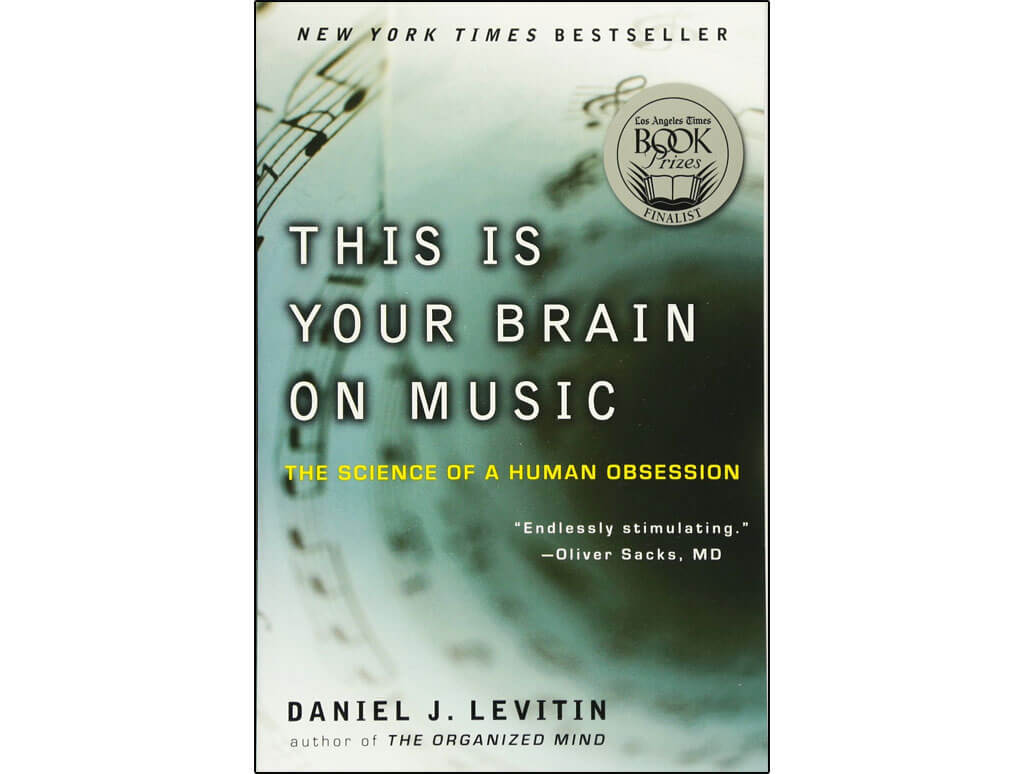
3- This Is Your Brain on Music: The Science of a Human Obsession
Daniel J. Levitin
Published 2006 by Dutton; hardcover, 320 pages; paperback, 352 pages
This is the first of four consecutive bestsellers by musician-turned-McGill researcher Daniel J. Levintin, one of the world’s foremost neuroscientists. Looking at the effects music produces on the brain, Levintin’s snappy prose brings this esoteric topic to the layperson to discuss everything from “earworms” to why music may be more fundamental than language to humanity.
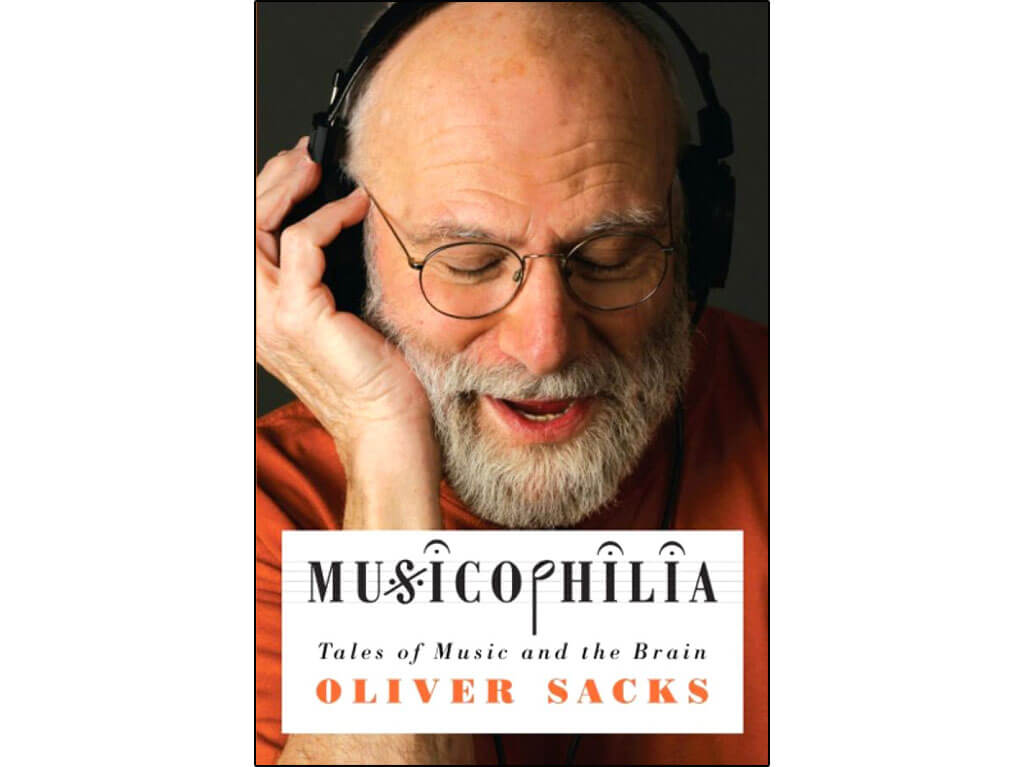
2- Musicophilia: Tales of Music and the Brain
Oliver Sacks
Published 2007 by Knopf; hardcover, 400 pages; paperback, 425 pages
While Levintin tackles the everyday effects music has on our brains, renowned neurologist Oliver Sacks explores the extraordinary: patients who present with hypermusicality or amusia, or those who are only able to move their bodies or use their minds with the aid of music. Otherwise these titles have much in common — including their longstanding places on various bestseller lists.
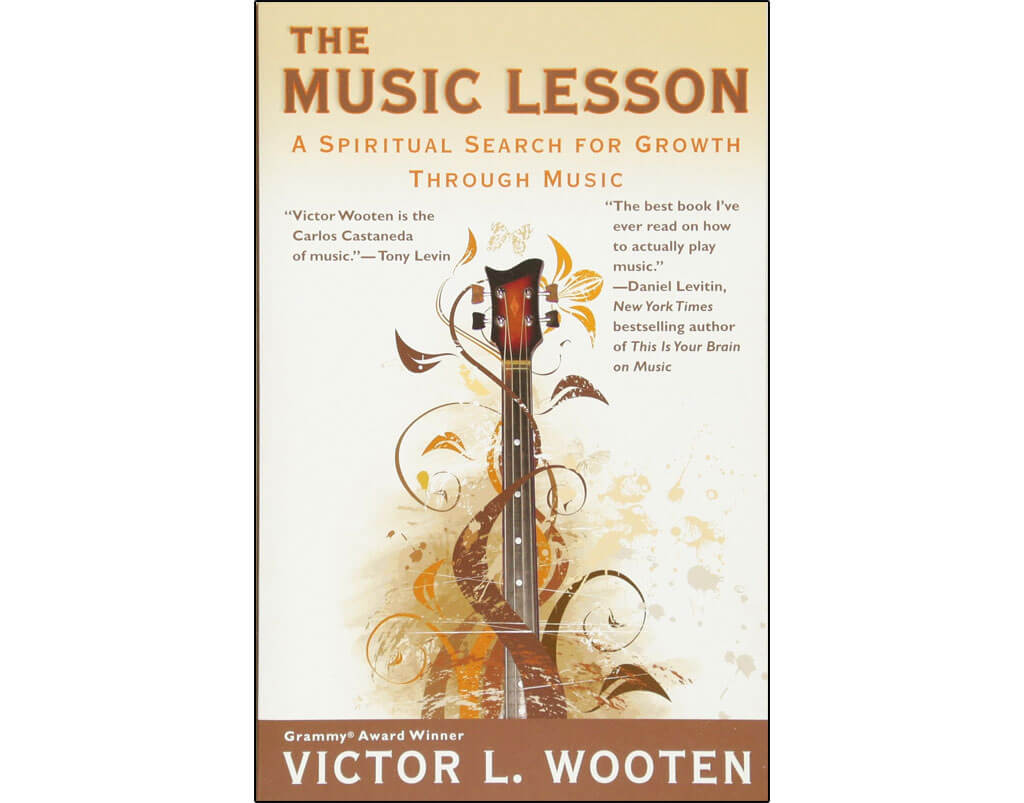
1- The Music Lesson: A Spiritual Search for Growth Through Music
Victor L. Wooten
Published 2006 by Berkley, paperback, 288 pages
The highest-rated book about music on Amazon and Goodreads is also the only title that doesn’t fit into the nonfiction category. While it is indeed a novel, it has autobiographical undertones and is often described as “inspiring”, “insightful”, and “metaphysical” by reviewers, using music as a central metaphor to explore personal and spiritual growth. It may not be for everyone — reviewers seem to either love it or hate it — but it certainly provides a counterpoint to many of the more scientifically-minded titles on this list.
SEE ALSO:



